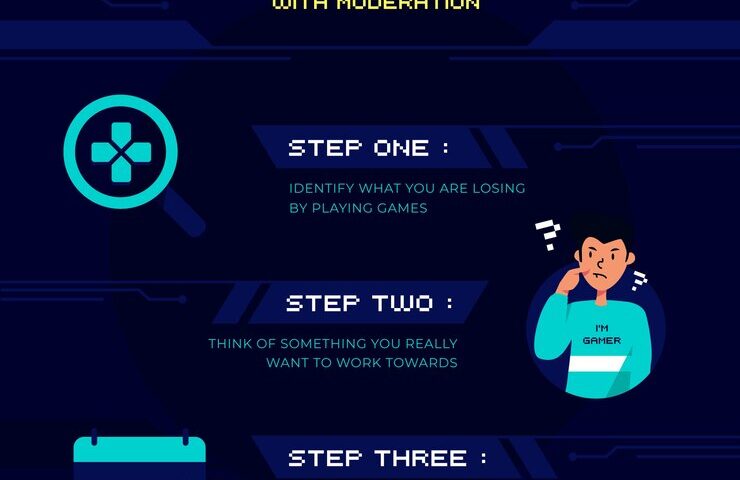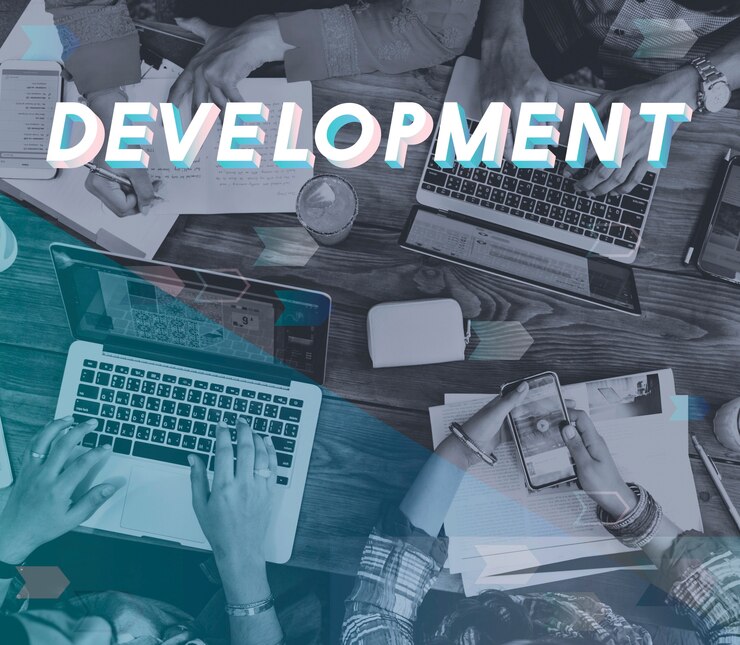Game Development Services List

Game Development Services Jobs
December 5, 2023
Game Development in UK
December 5, 2023Pre-Production Services:
Thank you for reading this post, don't forget to subscribe!- Concept Development: Define the game’s core ideas, mechanics, and overall vision.
- Game Design: Create detailed game documentation, including storyboards, level designs, and character concepts.
- Technical Feasibility Assessment: Evaluate the technical feasibility of the game’s ideas and mechanics.
- Prototype Development: Create a working prototype to test gameplay concepts and mechanics.
- Budgeting: Develop a comprehensive project budget to estimate costs and manage resources effectively.
- Project Management: Establish a project management plan to track progress, manage tasks, and ensure timely completion.
Production Services:
- Game Programming: Implement game mechanics, AI, and networking features using programming languages like Unity C#, C++, or Java.
- Game Art: Create 2D or 3D graphics, character designs, and environments using software like Maya, Blender, or Photoshop.
- Animation: Animate characters, objects, and special effects using software like Maya, Blender, or After Effects.
- Sound Design: Create sound effects, music, and voice-overs using software like Logic Pro, Pro Tools, or Ableton Live.
- Game Engine Integration: Integrate game assets and features into the chosen game engine (Unity, Unreal Engine, etc.).
- Quality Assurance (QA): Identify and fix bugs, glitches, and performance issues to ensure a polished and bug-free game.
Post-Production Services:
- Game Launch: Coordinate the game’s release on various platforms, including app stores, consoles, and online distribution channels.
- Marketing and Promotion: Develop and implement marketing strategies to reach the target audience, generate interest, and drive downloads.
- Post-Launch Support: Provide ongoing support and updates, addressing any issues reported by players and releasing new content or features.
- Community Management: Engage with players, foster a positive community around the game, and gather feedback for future improvements.
- Analytics and Reporting: Track game performance, user engagement, and monetization metrics to identify areas for improvement.
In addition to these core services, game development companies may also offer specialized services such as:
- Porting: Adapt the game to run on different platforms, such as from PC to mobile or from console to PC.
- Localization: Translate the game’s content into multiple languages to reach a wider audience.
- Performance Optimization: Optimize the game’s performance to ensure smooth gameplay on various devices and hardware configurations.
- Networking and Multiplayer Support: Implement networking features for online multiplayer gameplay.
- Artificial Intelligence (AI) Development: Integrate AI algorithms into the game for enemy behavior, procedural generation, or other purposes.
- Augmented Reality (AR) and Virtual Reality (VR) Development: Develop AR or VR experiences for immersive gameplay.


